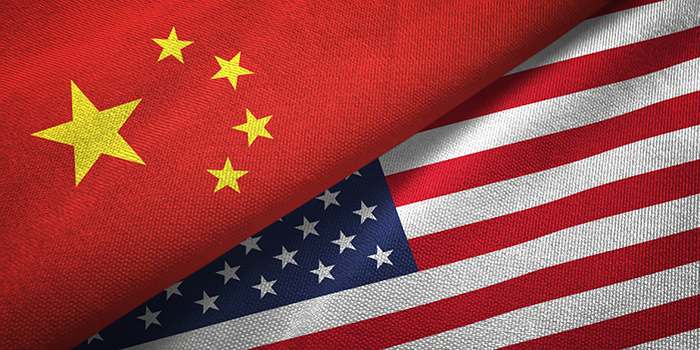JK News Today

The US Secretary of State Anthony Blinken will travel to China from June 18th to 19th , which is regarded as an attempt at breaking ice between the two superpowers that have been locked in high-tension status threatening to escalate into worst case scenario .
The announcement of the visit made by the State Department on Wednesday evening , underlined objectives of the visit of the top American diplomat – to establish communication channels that are open and empowered – to discuss important challenges, address misperceptions, and prevent miscalculation – to manage competition between the two countries.
It is critical for the two superpowers to engage in fruitful discussions as that holds key to stabilize the world order , experiencing turbulences , especially due to the Russian-Ukraine war which is now on for the past 16 months . China and America are sitting on two sides of the fence on the war. The US is condemning the war and arming Ukraine to resist and fight back the Russian advances, China is standing with Russia , refusing to condemn the Russian aggression .
The US and China have their own priorities – world’s two largest economies determine their areas of focus and when it comes to the individual nations they talk about their interests , and while doing so , they embed the national interests into the international well-being . That is the game super powers play all the time .
Today’s world is different from the erstwhile Cold War era , when the then superpowers – the United States and the Union of Soviet States of Russia ( USSR) – were looking for expanding their influence in physical and ideological plans , and at the same time opting for containment strategy .By contrast , the 21st century world is addicted to technology and the ways of expanding influence have been trusted to the artificial intelligence . Elections can be hacked from distance , and the international order is vulnerable to such devices .
Nevertheless , the proposed visit and Blinken’s stated intentions to bring thaw in the US’s frozen relationship with China , is good news. The face to face discussions hold better prospects of resolving the issues than through other messaging systems, including telephonic conversations . The world would be watching the outcome of the talks with greater attention and interest than any other development at the global level in recent times .
India , in particular , would be watching the course and result of the talks . The easing of tensions between the US and China if that is going to be the outcome, would be of interest to Delhi . The Indian troops are locked in a military standoff situation for the fourth-year running in eastern Ladakh , and the chances of any change taking place in the near future are remote . China needs to understand power of dialogue , and it cannot preach the respect for sovereignty for its territory or perceptions while itself violating the sovereignty of other nations . China has done to India what it should not have .
The Indian military commanders and the diplomats are engaged in dialogue with China to ease tensions once and for all at the borders . There are short and long-term goals at stake in the talks – resolution of the standoff position and resumption of normal ties between Delhi and Beijing .
External Affairs Minister Dr S Jaishankar has been very clear and categorical that unless the military situation is resolved , the normal bilateral ties were not possible . The thesis is clear that military situation and normal relations cannot go together. And if the prospects of easing of tensions between Blinken and his counterpart get translated into reality , then India can put an extra diplomatic pressure to resolve the border situation . It may be argued that India is not dependent on the outcome of these talks , but the fact is that it can create conducive atmosphere for talks between India and China to fructify earlier than the time it is hoped for.




